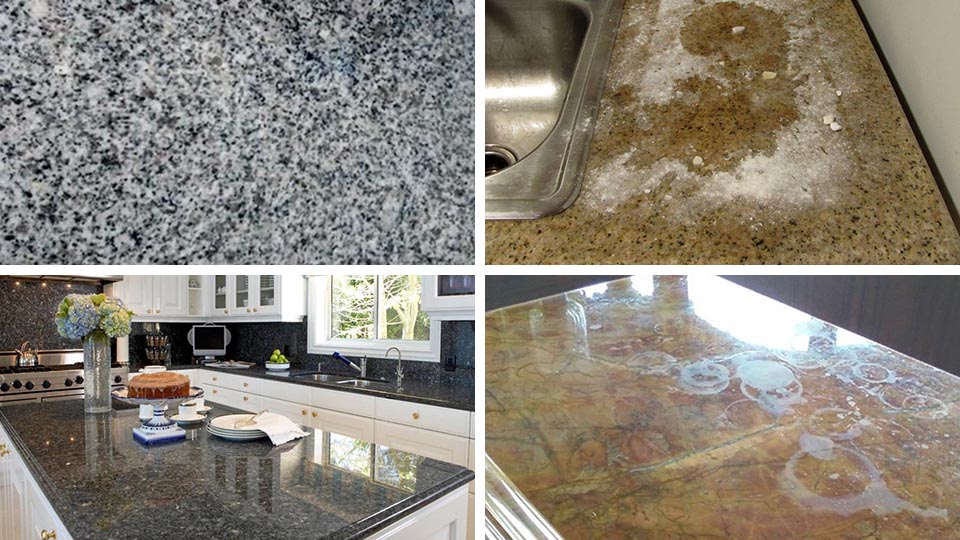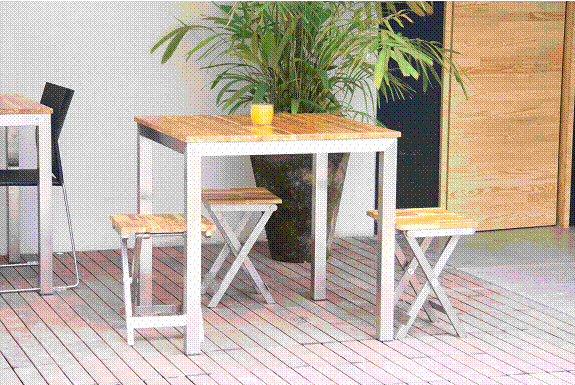Forged by nature, granite undoubtedly has some unique properties that makes it ideal for worktops for your bathroom or kitchen. At home – both in a quaint country farm and a modern apartment, this natural stone material can give any room a practical yet elegant grace. But how do you take care of it and make sure that it can last for years? Don’t worry – it’s not as difficult as it seems.
If it’s granite, it’ll last
Granite is very durable, and it’s no wonder that it is such a popular material for both kitchens and bathrooms. In fact, granite is the hardest building stone, and this makes it very robust and resistant to weathering.
Granite, which is formed from volcanic magma, is unique in that it is a mixture of different molten stones. Because it was naturally created out of high pressure and extreme heat, it is dense, heat-resistant, and can showcase amazing patterns, shades, and hues as well.
However, this doesn’t mean that the material is indestructible, and a little love and care – along with some common sense precautions – will ensure that this beautiful material – in short, your granite worktop – remains shiny and free of stains or marks for a long time to come.
Regular cleaning is a must
Cleaning a granite worktop is easy and requires very little effort and time, as long as it’s done on a regular basis. Following are three simple rules to follow:
- Clean your granite worktop after every use. Sometimes a simple dusting will do, but when dealing with wet or moist elements (such as when you are cooking), wipe the worktop down after preparing a meal.
- Use a small amount of water and a microfibre cloth. You can also use a special granite cleaner, or even make your own homemade cleaning solution as well.
- Avoid acidity and acidic substances such as vinegar and lemon juice – although your granite worktop can surely handle mild acid, prolonged exposure may end up eventually damaging the grain.
A little maintenance goes a long way
Granite worktops that come fresh out of the workshop or factory have been sealed, meaning that the top has been made waterproof and the primitive rock is now virtually non-porous (unlike marble, for example). However, accidents do happen, and although the application of a knife might not necessarily leave a permanent scratch on your granite worktop, it may remove some of the seal that gives it that beautiful shine. Applying direct heat on your granite worktop may also damage some of the protection or seal, leaving it more susceptible to acid damage.
Fortunately, there’s a simple remedy:
- Reinforce the sealing with a sealing agent for granite, available in DIY shops and hardware stores. A simple wipe once a week will do wonders. Sealers are water-based and non-toxic cleaners, ideal for giving your granite worktop that beautiful shine.
- As a natural cleaner, use non-toxic soap mixed with warm water and wipe it off with a dry towel.
Just a reminder: what not to do
Though granite is hard to beat, here are some very useful tips:
- Don’t use a knife or other sharp tool directly on your granite worktop. Use a wooden cutting board instead.
- Avoid acids and other compounds with acidic properties.
- Protect your granite worktop from heat and stains; don’t place hot pots and pans directly onto the surface – use a tripod, pad or coasters.
- When unsure of a certain cleaning material, don’t rub it directly onto the worktop – try a very small area at the side of the worktop first.
Granite is a wonderful material that will last a lifetime and many generations – if given the proper care. If you would like to know more about different kinds of worktops – from granite worktops to marble worktops and quartz worktops in London, feel free to ask for expert advice and recommendations from the specialists at J.R. Stone.
Image attributed to phaendin/FreeDigitalPhotos.net





